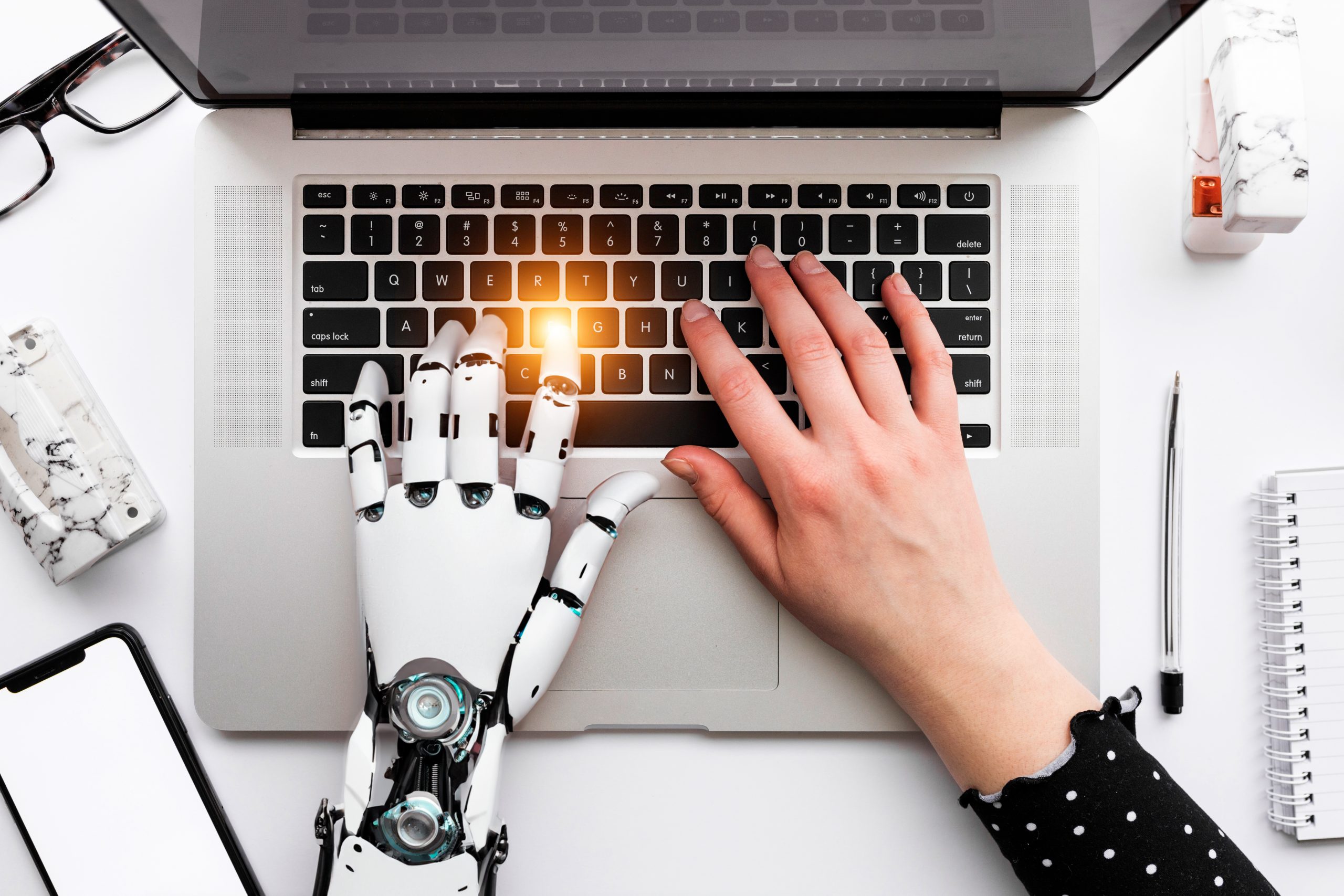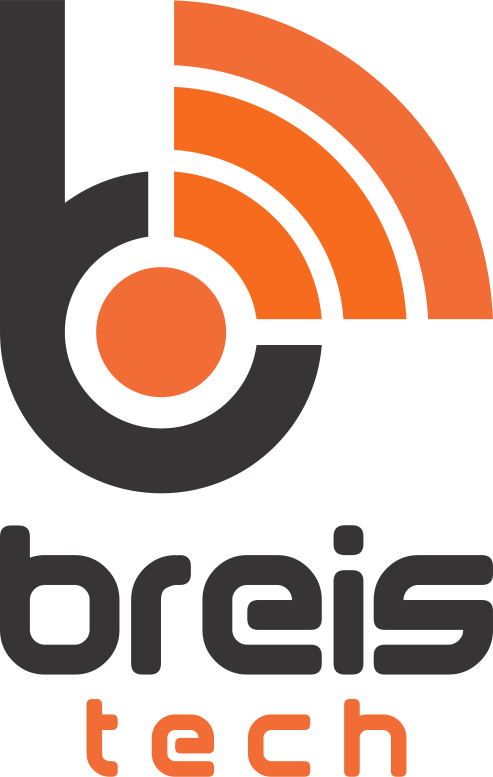Breis Tech Turns Ideas Into Real Technology.
With over 20 years of experience bridging technology and business, we develop tailor-made digital solutions for companies that want to truly innovate.
Our portfolio includes Web and Mobile Apps, Artificial Intelligence, Process Automation (RPA), and Internet of Things (IoT) — all built with agility, a results-driven approach, and a special focus on user experience.
We work with agile methodologies, fast deliveries, and constant client communication at every project stage.
Oh, and rest assured: data security is a top priority here. That’s why we use robust platforms like AWS and Microsoft Azure.
We’re also certified to publish your apps on both the App Store and Google Play.
Ready to bring your project to life? Talk to us. Breis Tech builds. And delivers.
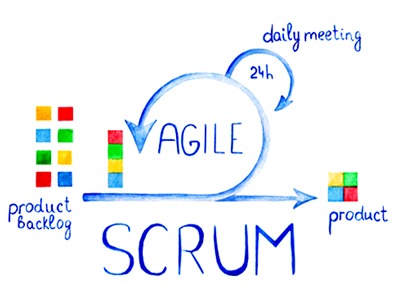
TECHNOLOGIES
Custom application development
Breis Tech builds customized solutions from the ground up, ensuring their seamless integration with existing environments and systems.
Platform-based product customization
With deep knowledge of technology platforms and components, we create software with an ideal set of custom, out-of-the-box features.
Legacy application upgrade
We’ve updated legacy system design, rewriting your code, migrating applications to newer platforms, and reviewing their architectures to give them a new lifespan.
Robots
RPA is defined as technology designed to automate rule-based, structured, and repetitive business processes. And with more automation comes less human error. This capability therefore frees people to focus on business activities that add more value.
In a study released by ISACA, respondents indicate that the top three benefits for organizations implementing RPA include streamlining internal business processes (70%), reducing errors (58%), and reducing personnel costs ( 55%). RPA can also help organizations improve compliance efforts (31%).
It is important to note that while RPA brings many benefits, its successful implementation requires careful planning, adequate training, and consideration of cultural impacts on the organization.
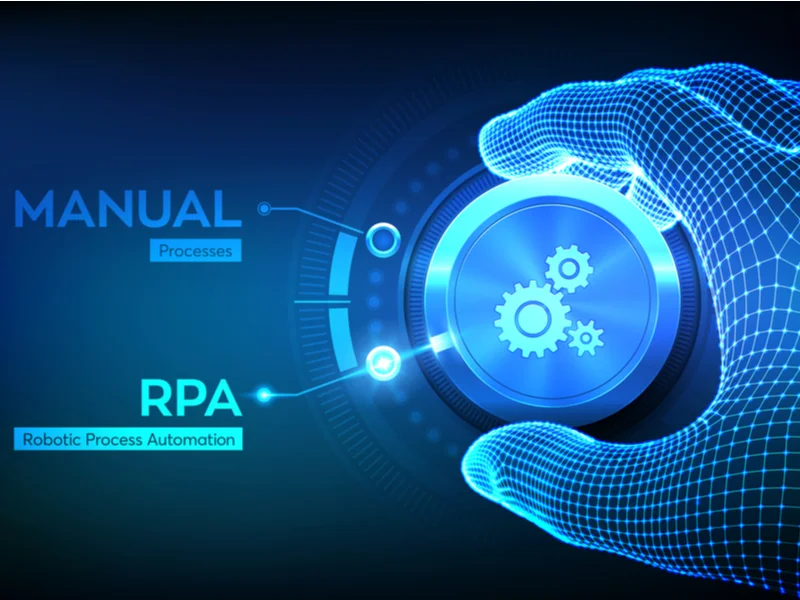
IOT
The development of IoT (Internet of Things) involves the creation and integration of devices connected to the internet to collect, transmit and interact with data in real time.
This process includes hardware design, firmware development, user interface creation, security, and integration with cloud platforms.
The goal is to create intelligent, interconnected systems that can collect information, automate tasks and improve efficiency in various sectors, such as healthcare, agriculture, industry and smart cities. IoT development requires expertise in sensors, connectivity, cybersecurity and data analysis to create innovative and scalable solutions.
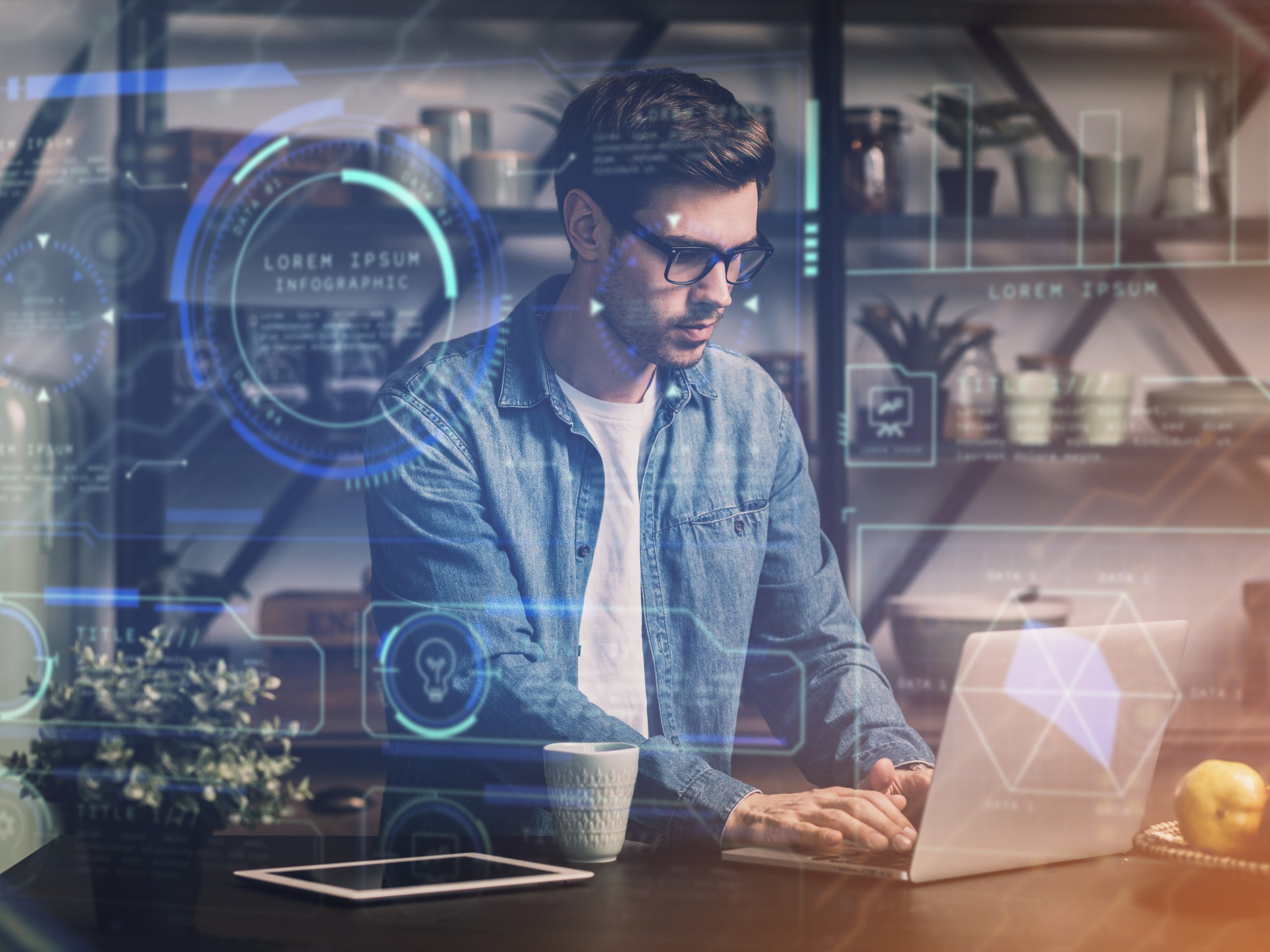
IA
The incorporation of artificial intelligence systems into existing processes, operations or services involves the connection and harmonious collaboration between AI and other system components, enabling automation, advanced data analysis and intelligent decision making.
This integration can occur through APIs, connectors, middleware, or other methods, with the goal of improving efficiency, productivity, and responsiveness across industries, from healthcare and finance to manufacturing and customer service.
Successful implementation requires a clear understanding of requirements, appropriate choice of algorithms, careful integration with existing systems, and continuous monitoring for optimization.
